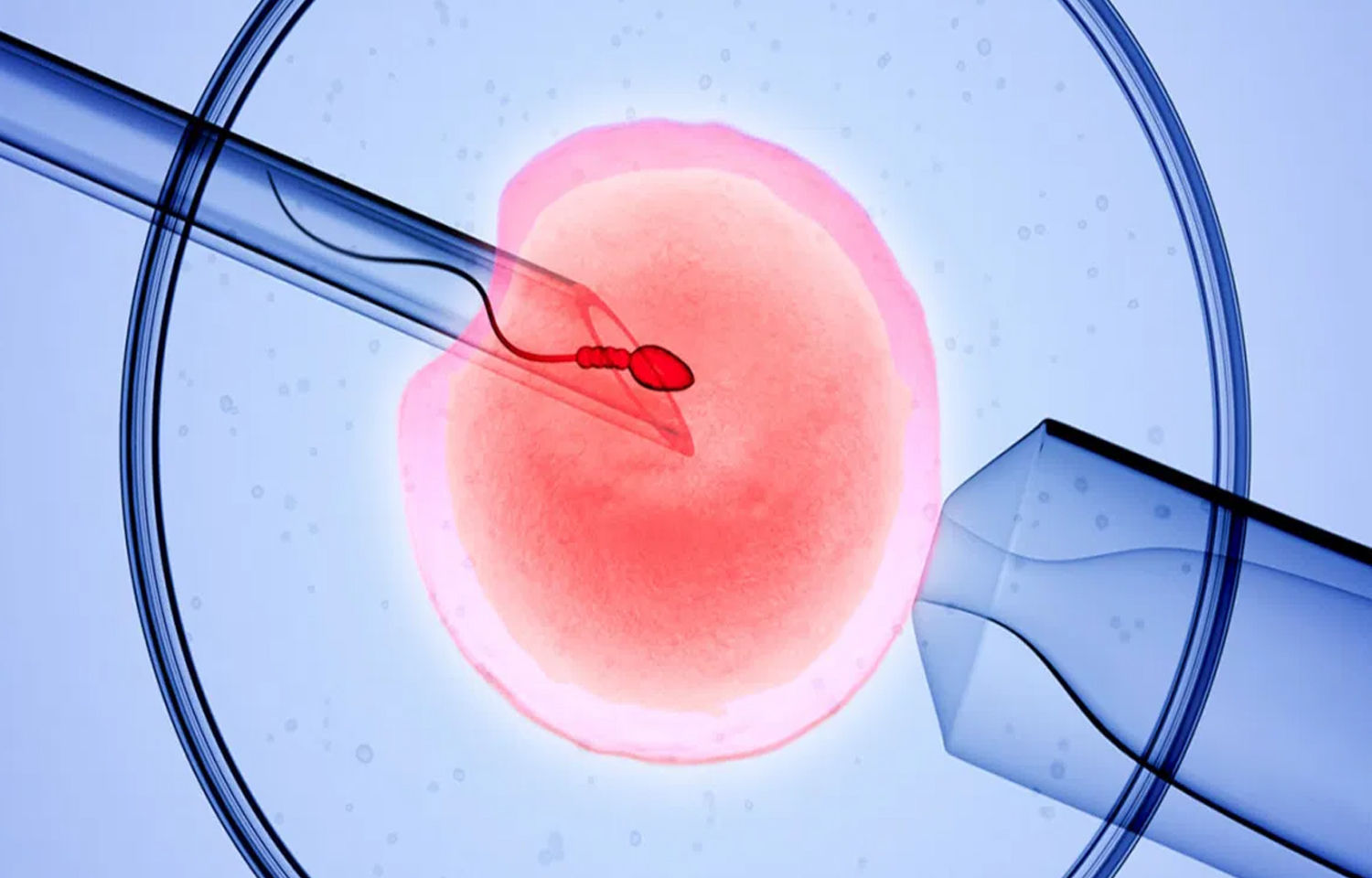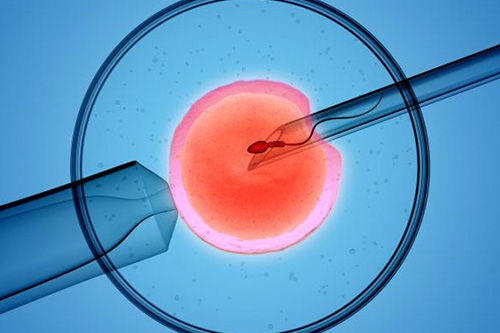What is IVF?
In Vitro Fertilization (IVF) is a sophisticated assisted reproductive technology (ART) designed to assist individuals and couples facing infertility challenges. The term “IVF” stands for the process of fertilizing an egg outside the human body, in a controlled laboratory environment. This method has become a beacon of hope for many, offering a viable pathway to conception when other treatments have not succeeded.

FAQs

Ovarian Stimulation
To begin, fertility medications are administered to stimulate the ovaries to produce multiple eggs. These medications, often referred to as IVF injections, are carefully selected and dosed to optimize egg production.

Egg Retrieval
Once the eggs have matured, a minor surgical procedure is performed to collect them from the ovaries. This is done under sedation to ensure comfort and is guided by ultrasound imaging for precision.

This is custom heading element
In our state-of-the-art laboratory, the retrieved eggs are combined with sperm to facilitate fertilization. In cases where there are male fertility issues, a technique called Intracytoplasmic Sperm Injection (ICSI) may be employed, where a single sperm is directly injected into an egg to enhance the chances of fertilization.

Embryo Culture
The fertilized eggs, now embryos, are cultured in a controlled environment for several days. Our embryologists monitor their development closely to select the most viable embryos for transfer.

Egg Retrieval
The final step involves transferring one or more healthy embryos into the uterus. This is a straightforward procedure that typically requires no anesthesia. Following the transfer, we provide detailed instructions and support during the two-week wait before a pregnancy test is conducted.
IVF Treatment Cost in Pakistan
We recognize that the cost of IVF treatment is a significant consideration for many patients. In Pakistan, the cost of a single IVF cycle typically ranges from PKR 600,000 to PKR 900,000. This variation depends on factors such as the clinic’s location, the specific treatments required, and any additional procedures like ICSI or genetic testing.
IVF Injection Prices in Pakistan
The cost of fertility medications, including IVF injections, can vary based on the type and dosage required. On average, these medications may cost between PKR 50,000 to PKR 150,000 per cycle. It’s important to note that medication needs can differ significantly among patients, and our team will provide a detailed breakdown tailored to your treatment plan.
IVF vs. IUI
While both In Vitro Fertilization (IVF) and Intrauterine Insemination (IUI) are fertility treatments, they differ in complexity and application.
IUI: This procedure involves placing washed and concentrated sperm directly into the uterus around the time of ovulation, facilitating natural fertilization within the body. IUI is less invasive and often considered as a first-line treatment for certain fertility issues.
IVF: As detailed above, IVF involves the external fertilization of eggs and is typically recommended for individuals with more complex fertility challenges or when other treatments, such as IUI, have not been successful.
Risks of IVF Treatment
At Gyneo Clinic, we prioritize patient safety and ensure that every IVF treatment is carried out with the highest standards of care. However, like any medical procedure, IVF comes with certain risks. Understanding these potential risks can help you make an informed decision about your fertility journey.
IVF can be physically demanding and emotionally challenging. The process involves multiple steps, hormonal treatments, and waiting periods that can be stressful. Additionally, the financial costs of IVF may add to the burden. At Gyneo Clinic, we offer counseling services and emotional support to help you and your partner navigate the ups and downs of fertility treatment.
During IVF, egg retrieval is performed using a thin needle guided by ultrasound. While this is a routine procedure, there are potential risks, including:
- Bleeding – Though rare, minor internal bleeding can occur.
- Infection – There is a slight risk of infection following the procedure.
- Damage to Nearby Organs – In rare cases, the needle may cause injury to the bowel, bladder, or blood vessels.
- Anesthesia Risks – The medications used to ensure comfort during egg retrieval may have side effects, such as nausea or dizziness.
In rare cases, a fertilized embryo may implant outside the uterus, typically in a fallopian tube. This is known as an ectopic pregnancy and is not viable. Symptoms include abdominal pain and vaginal bleeding. Our fertility specialists carefully monitor early pregnancies to detect and manage such complications promptly.
IVF increases the likelihood of conceiving twins, triplets, or more, especially if multiple embryos are transferred. Carrying multiple babies can lead to:
- Higher risk of pregnancy-related high blood pressure and diabetes
- Increased chance of preterm labor and premature birth
- Lower birth weight and increased risk of birth complications
At Gyneo Clinic, we carefully evaluate the number of embryos transferred to balance success rates with safety and reduce the risk of multiple pregnancies.
While maternal age is the primary factor influencing birth defects, studies suggest a slightly increased risk with IVF. Possible birth defects include heart abnormalities, digestive system issues, or other conditions. More research is needed to determine whether IVF itself contributes to this risk. Our clinic follows strict protocols to ensure the highest quality embryo selection to minimize potential complications.
esearch indicates that IVF pregnancies have a slightly higher risk of premature delivery and low birth weight. To mitigate this, we monitor pregnancies closely and provide specialized care to support a healthy full-term delivery.
The miscarriage rate for IVF pregnancies is similar to that of natural conception. Miscarriage risk increases with maternal age:
- About 15% for women in their 20s
- Over 50% for women in their 40s
To improve pregnancy success rates, we use advanced embryo selection techniques to ensure the healthiest embryos are transferred.
Some individuals may develop ovarian hyperstimulation syndrome (OHSS) due to fertility medications used to stimulate egg production. Symptoms of OHSS include:
- Mild to moderate abdominal pain
- Bloating
- Nausea and vomiting
- Diarrhea
In rare cases, severe OHSS can cause excessive fluid buildup, rapid weight gain, and breathing difficulties. At Gyneo Clinic, we closely monitor patients undergoing ovarian stimulation to minimize this risk.
Ensuring Safe IVF Treatment at Gyneo Clinic
At Gyneo Clinic, patient safety is our top priority. We use state-of-the-art techniques and personalized treatment plans to reduce risks while maximizing success rates. Our team of experienced fertility specialists is here to guide you every step of the way, ensuring the safest and most effective IVF journey possible.
If you have any concerns about the risks of IVF, we encourage you to schedule a consultation with our experts. Your health, safety, and future family are our greatest priorities.


Why Choose Gyneo Clinic?
At Gyneo Clinic, our commitment to excellence is reflected in our personalized care, advanced medical technologies, and a team of highly experienced gynecologists. We understand the emotional and physical demands of fertility treatments and strive to provide a supportive and nurturing environment throughout your journey.
Embarking on the path to parenthood through IVF is a significant decision. At Gyneo Clinic, we are here to guide and support you every step of the way, offering hope, expertise, and compassionate care to help you achieve your dream of building a family.
How many embryos will be transferred?
The number of embryos transferred depends on several factors, including age, the number of eggs retrieved, and embryo quality. For older individuals, more embryos may be transferred to increase the chances of implantation, except in cases where donor eggs from a younger person or genetically tested embryos are used.
At Gyneo Clinic, we follow strict medical guidelines to minimize the risk of high-order multiple pregnancies, such as triplets or more. Some countries also have legal limits on the number of embryos that can be transferred. Before your embryo transfer, we will have a thorough discussion with you to decide the optimal number of embryos based on your specific situation.
What happens to extra embryos?
Any extra embryos that are not transferred can be frozen and stored for future use. These embryos can be used in later IVF cycles, making future treatments less costly and less invasive. While most embryos survive the freezing and thawing process, some may not.
You will have several options for handling extra embryos:
- Personal use in future cycles – If you plan to expand your family later.
- Embryo donation – You may choose to donate unused embryos to another couple or a research facility.
- Embryo disposal – If you do not wish to keep the embryos, you may opt for their disposal.
It is important to make an informed decision about extra embryos before they are created, and our fertility experts will guide you through this process.
How is a multiple pregnancy managed?
If more than one embryo is transferred, there is a higher chance of a multiple pregnancy (twins, triplets, or more). While this may seem like a positive outcome, carrying multiple babies poses potential health risks for both the parent and the babies, such as premature birth and pregnancy complications.
In certain cases, a medical procedure called fetal reduction may be considered to reduce the number of fetuses in order to improve pregnancy outcomes. This is a sensitive and complex decision with ethical and emotional considerations. Our specialists at Gyneo Clinic will provide you with detailed counseling and support to help you make the best choice for your health and your future baby’s well-being.
What are the considerations when using donor eggs, sperm, embryos, or a gestational carrier?
Using donor eggs, sperm, or embryos—or working with a gestational carrier—can be a great option for individuals or couples who need assistance in conceiving. However, it is essential to understand the medical, legal, and emotional aspects of this decision.
At Gyneo Clinic, we offer consultations with trained fertility counselors who specialize in donor and surrogacy issues. We also recommend consulting a legal expert to understand parental rights, donor agreements, and any necessary legal documentation to ensure a smooth process. Our team is here to guide you every step of the way, ensuring that you feel confident and informed about your fertility journey.

